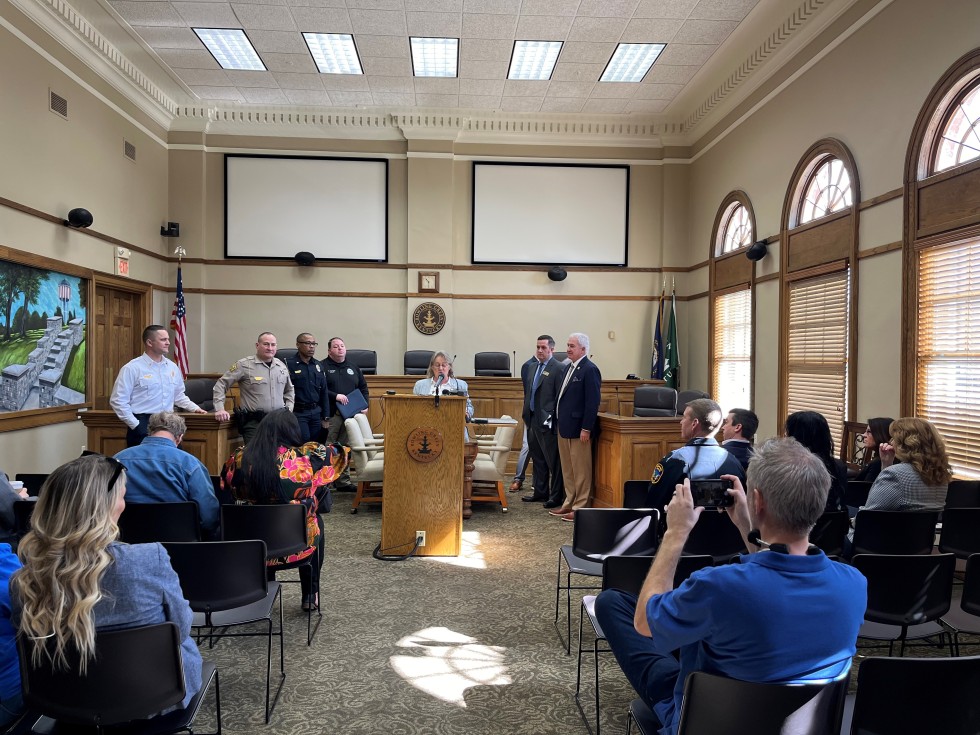
BOWLING GREEN, Ky. — After assessing approaches to help local residents battling substance use and mental health crises, a community leadership committee is requesting state money to build a new treatment facility specific to the task that bypasses law enforcement, judicial and medical emergency room systems.
The solution is modeled after a Nashville facility the 30-member committee visited last year. It provides immediate treatment for people struggling with mental health, substance use disorders and homelessness, in most cases acting more quickly than is possible when law enforcement resources are used.
Committee members advise that they will seek about $20 million from the commonwealth, but estimate the new solution will save taxpayer dollars spent by our local law enforcement agencies and jails.
LifeSkills, a Community Mental Health Center for the 10‐county Barren River Area Development District, has agreed to provide staffing for the operation of the facility. The proposed facility would be built on land provided by LifeSkills on its Lovers Lane campus in Bowling Green.
For about one year, a committee of more than 30 leaders comprised of local and state officials along with mental health professionals and law enforcement officers has been meeting at Bowling Green City Hall to address the mental health and substance use crisis care services in the region. This group originated from a conversation between Mayor Pro Tem Sue Parrigin, former Warren County Judge/Executive Mike Buchanon,and Mayor Todd Alcott to proactively address the growing mental health, substance abuse, and homelessness in the community.
The mayor instructed Dr. Parrigin to form an exploratory committee, which grew into the current leaders panel involved in this endeavor.
This committee is specifically addressing mental health and substance use crises as they relate to law enforcement, incarcerations, the judicial system, the healthcare system, and quality of care for the individual experiencing the crisis. The Nashville facility model refocuses the resources spent on jails, law enforcement and the judicial system to target the person in crisis, allowing for a greater chance of a positive outcome and a more productive citizen.
Committee members believe it is a regional, scalable model that can be duplicated across the Commonwealth.



















